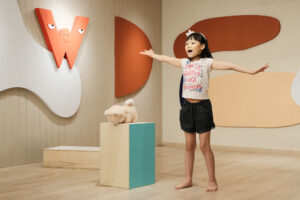
The Formative Years of a Child
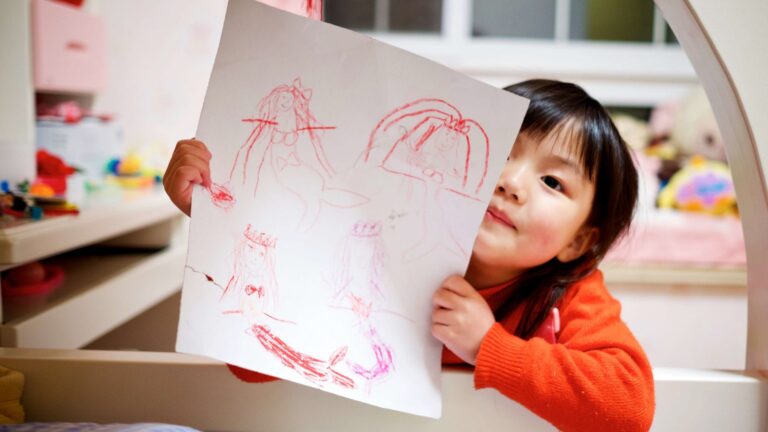
You’ve probably heard about the ‘terrible twos’ or the ‘fearsome fours’, but have you ever heard about the ‘formative years’? The ‘formative years’ are the first 8 years of a child’s life during which children develop and learn quicker than any other given period of their lives due to rapid brain and neurobiological development. For this reason, the formative years are one of the most significant periods of a child’s development, and their environment, the people, and the things they interact with will have a tremendous impact on their future growth. Hence, it is important to lay the building blocks for a strong foundation for their future learning.
Why are the Formative Years Important?
The formative years are important because these crucial years play a pivotal role in defining your child. How they communicate with people, their ability to pick up and process new information, and other personality traits are just some of the attributes derived from their formative years. This is because the formative years aren’t just about picking up simple language or numerical skills, these are the critical years when a child develops socially, emotionally, and cognitively in all areas of their being. What a child experiences during this time can have a profound impact on their physical and mental development in the years to come.
In What Areas Does a Child Develop During Their Formative Years?
1. Cognitive Development
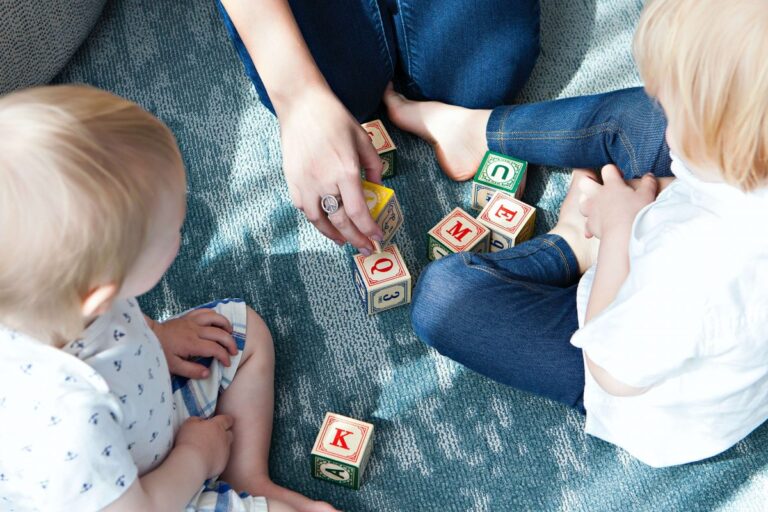
Cognitive development refers to a child’s growth in capabilities relating to absorbing and processing new information, and thinking and figuring things out. Proper development is cultivated by continuously honing and nurturing children’s cognitive skills. Abilities such as problem-solving, comprehension, asking and answering questions, and the ability to grasp concepts are all examples of cognitive skills. Children who experience delays in cognitive development may progress slower than peers of the same age.
2. Social & Emotional Development
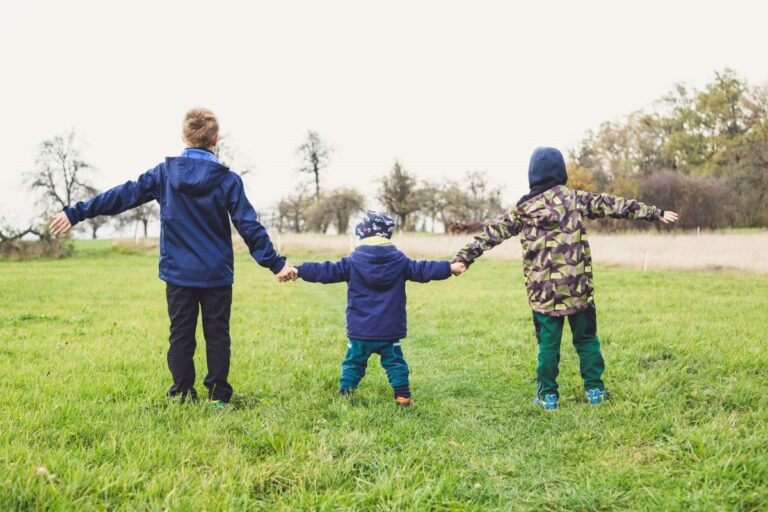
Proper social and emotional development gives children the freedom to make friends with peers their age and interact with people on a deeper level. Social skills, such as understanding the emotions of others (and their own), knowing how to express their needs, and being able to communicate what they are feeling, are some of the skills needed to connect with the people around them.
3. Speech & Language Development
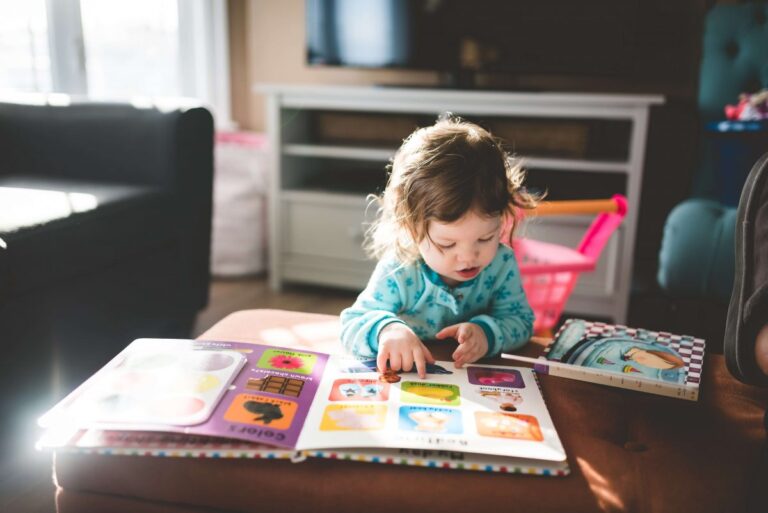
Speech and language skills develop exponentially over the formative years. One moment they’re crying for attention and before you know it, they’re asking for their mummy and daddy. Whilst much of this is learnt through observation and practice, if your child is in an unstimulating environment, they might soon find themselves lagging behind their peers.
There are generally four components of speech & language development which can very simply be understood as:
- Phonetics: A child’s awareness of and ability to pronounce speech sounds. Can the child break up a word into beginning, middle, and end sounds and then blend them together?
- Semantics: The breadth of a child’s vocabulary; how many words they know, their meaning, and their ability to use them.
- Syntax: A child’s understanding of how words are structured in sentences and ability to adjust the tenses. When is the plural of fish, ‘fishes’ and when is it ‘fish’?
- Pragmatics: A child’s ability to adjust language and tone based on audience and social rules. This can also relate to non-verbal communication like facial expressions and gestures. Does the child know how to address his teacher differently from his friends?
As children develop the ability to speak in simple sentences that are easily understood by others, it is important that they be exposed to speech skills such as pronunciation, articulation, enunciation, pitch, and intonation wherever possible. Over time and from exposure to adults speaking properly, they will learn and acquire these skills and be able to independently incorporate them into their speech, working their way towards being a confident speaker.
4. Motor Skill Development
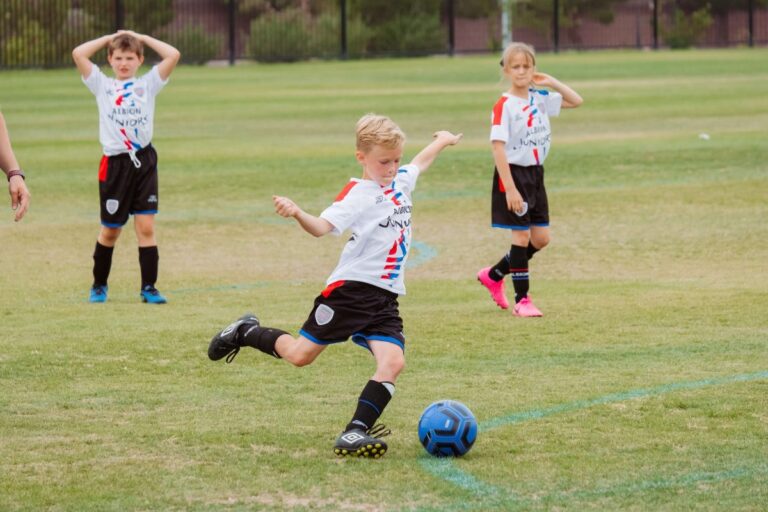
Children can learn many things by simply doing, and through movement, they learn about their bodily capabilities. There are two types of motor skills: fine motor skills, and gross motor skills. The former relates to one’s ability to control smaller muscle groups in detailed tasks, for instance holding a pencil correctly to write. The latter refers to one’s control of their larger muscle groups, for activities such as swimming and running.
Getting children to carry out basic everyday activities such as brushing their teeth and buttoning their own shirts develops their fine motor skills, building their self-confidence, and encouraging them to become even more independent. Signing children up for sports classes can develop their gross motor skills and promote a healthy relationship with exercise that will set them up for a bright and active future.
What Can You Do During the Formative Years?
Childhood is full of new experiences and each one of them, whether good or bad, can have long-lasting effects on your child. This is why it is essential for you to set up a healthy environment at home, spend quality time together, pay attention to your child’s needs, develop a strong support system, and most of all let them know you love them. Parents can also expose their children to stimulating environments where children can learn and socialise in a safe and comfortable environment. Depending on the interests of your child, you can consider enrichment classes, sports programmes, or even just playdates with friends.
Final Thoughts
The formative years are a crucial period in every child’s life; however, you should always bear in mind that every child develops at a different pace. Even if you feel that your child is a little slower than his peers, don’t panic. It’s perfectly normal and not a cause for alarm.
At Wonderlit, we have plenty of experience working with a diverse range of children with different needs and capabilities during their formative years. If you’re looking for an enrichment centre that is student-centric and committed to individual growth, then check out what we have to offer!
Recent Posts


How To Nurture Oral Language Development in Children

Story Builders: How Reading Shapes Writing In Kids

4 Fun Ways To Nurture Children’s Love For Performing

Importance of English Phonics for Young Learners
